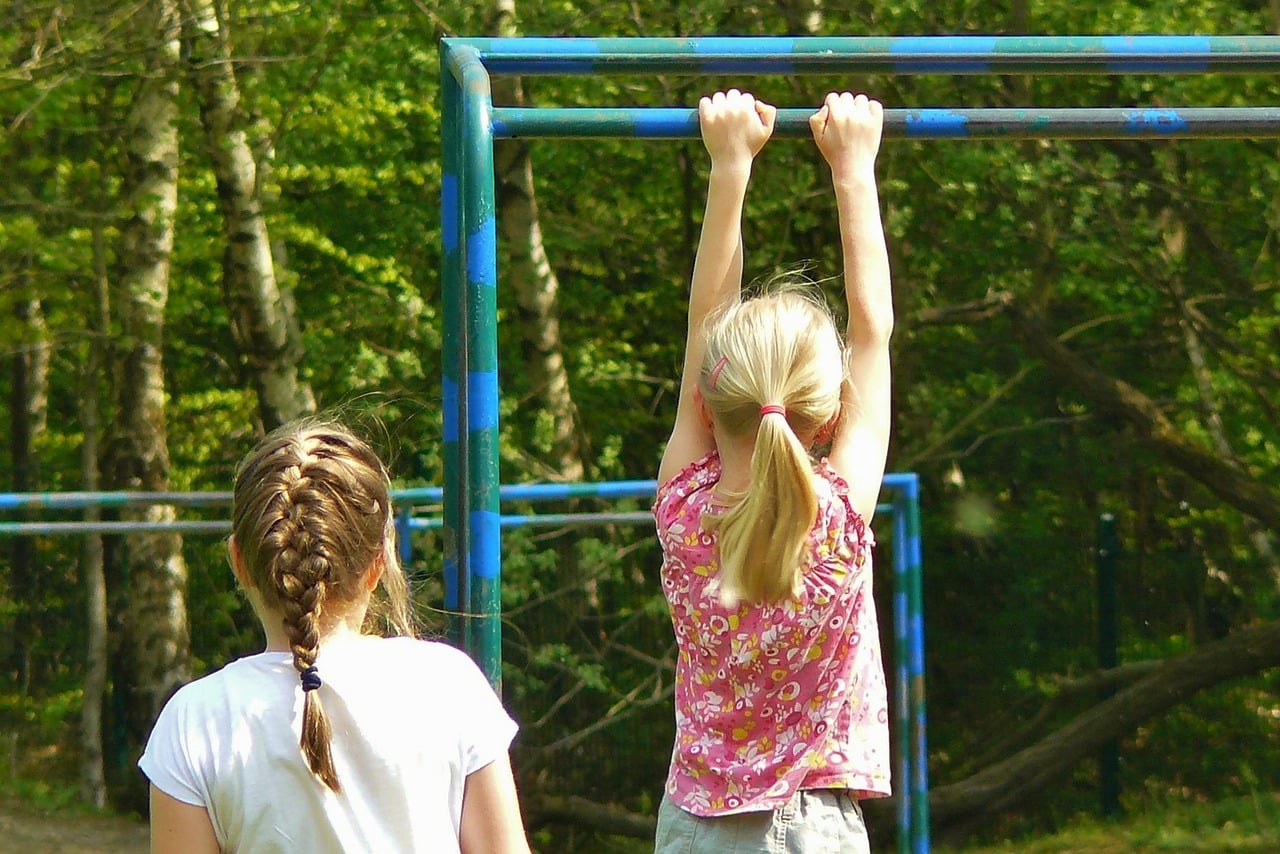Why Educating the Whole Child Matters
Author: Janita Jesseramsing Andersen
January 6, 2016

I recently visited my home country, Mauritius, a tiny island in the Indian Ocean off the coast of Madagascar. I met with the Minister of Education, Mrs. Leela Devi Dookun-Luchooman, who shared with me her vision for transforming education in the country. She spoke of her concerns about Mauritian children undergoing rigorous academics with little preparation for life and its challenges.
The minister’s vision for education in her country centers around equipping students with 21st-century skills such as being self-directed, solving problems with critical thinking skills, taking responsibility and initiative, setting goals, having purpose, getting along well with others, and having strong communication skills.
A holistic, whole-child approach to education, the minister said, is key to transforming education in Mauritius and preparing students for success in school, life, and careers.
This conversation on the whole-child approach to education is not limited to Mauritius. It is a need and a challenge facing schools throughout the world. The next step is to ask, “What are the tenets and benefits of a holistic, whole-child approach to education? How do we educate the whole child?”
The Association for Supervision and Curriculum Development (ASCD) launched an initiative in 2007 to define tenets for whole-child education and expand the conversation from academics alone to the long-term development of children’s physical and social/emotional needs. ASCD is a powerful voice with 125,000 members—from superintendents and principals to teachers and professors representing 138 countries.
According ASCD, here are the tenets of the whole-child approach:
- Each student enters school healthy and learns about and practices a healthy lifestyle.
- Each student learns in an environment that is physically and emotionally safe for students and adults.
- Each student is actively engaged in learning and is connected to the school and broader community.
- Each student has access to personalized learning and is supported by qualified, caring adults.
- Each student is challenged academically and prepared for success in college or further study and for employment and participation in a global environment.
 These tenets provide the foundation for schools to follow as they create a safe, caring, and empowering environment for children to learn and thrive in. It requires collaboration from adults (teachers, administrators, and parents) to provide safe and engaged learning, as well as personalized learning through multiple disciplines such as art, music, drama, play, and project-based and hands-on learning.
These tenets provide the foundation for schools to follow as they create a safe, caring, and empowering environment for children to learn and thrive in. It requires collaboration from adults (teachers, administrators, and parents) to provide safe and engaged learning, as well as personalized learning through multiple disciplines such as art, music, drama, play, and project-based and hands-on learning.
“Kids learn best when they use their creativity and imagination,” says Principal Gina Smith. “At Acres Green Elementary, we give our students a lot of opportunities to learn through the arts, drama, music, through hands-on projects, and with peer-to-peer learning.”
Acres Green Elementary is part of a growing network of Leader in Me Schools that teaches students 21st-century leadership and life skills, which empower students to create their own future. Principal Smith explained they have worked intentionally to create an empowering culture where children can discover and apply their unique interests, talents, and skills.
During a recent visit to this school in Littleton, Colorado, I was impressed by the high-energy school environment, where kids were having so much fun learning. Every week, older students mentor younger students through hands-on projects or activities, using the principles from The 7 Habits of Highly Effective People. One group of students had designed board games similar to popular games such as “Life” and “Chutes and Ladders.” Their board games, however, were based on the 7 Habits. As students participated in the games, they were learning valuable lessons in leadership and teamwork, and gaining valuable problem-solving skills—all in a fun and engaging way.
In another grade level at Acres Green Elementary, students were practicing an original 7 Habits musical. With song, music, dance, and drama, students were happily enjoying a whole-child educational experience. While the students likely didn’t know they were engaging in a whole-child educational activity, I’m sure adults in the room were impressed with the school’s focus on developing every aspect of the child.
Principal Smith emphasized that students at her school come away with the necessary skills and confidence to help them grow and succeed.
“It’s important that we help our students develop skills for working together, solving problems together, and to find something that they enjoy and can become good at,” she said. “In the process, they start becoming more responsible and capable, developing valuable leadership skills.”
The ASCD whole-child website states, “The demands of the 21st century require a new approach to education to fully prepare students for college, career, and citizenship. Research, practice, and common sense confirm that a whole-child approach to education will develop and prepare students for the challenges and opportunities of today and tomorrow by addressing students’ comprehensive needs through the shared responsibility of students, families, schools, and communities.”
As Mauritius explores opportunities for transforming education to impact generations to come, Minister Dookun-Luchooman is acutely aware that academics alone won’t help the rising generations to succeed. She is not alone in this realization, and educators have the power to make a difference through educating the whole child.
Share Article on
Tags: 21st century education, 21st century skills, great schools, holistic education, self-directed learning, student empowerment, student leadership, The Leader in Me, wellness-leadership, whole-child education

